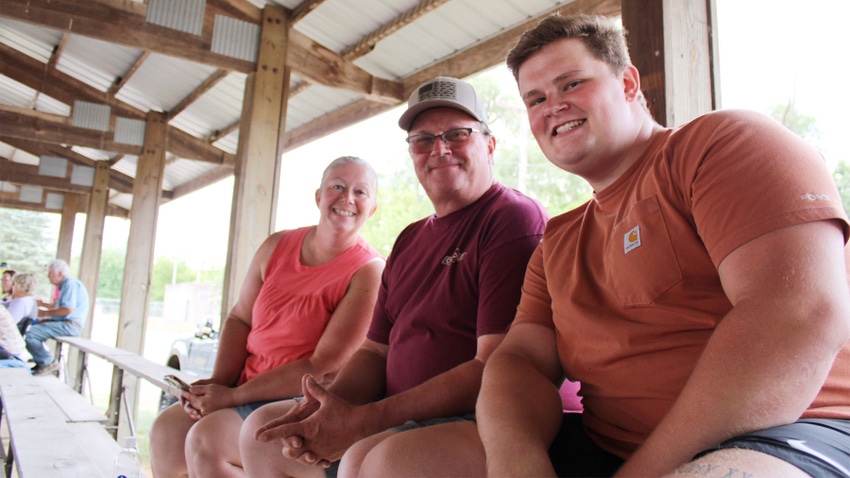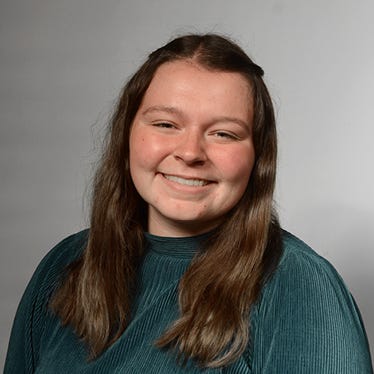February 19, 2024

“A young daughter-in-law asked me, ‘Jolene, how long do you have to be married before you get to be family?’” shared Jolene Brown, family business consultant and professional speaker.
The question bounced around my head as Brown continued her presentation about succession planning at a recent conference. I’m in the midst of planning my own wedding to a farmer, but that question has never crossed my mind. I’ve always felt like family with my future in-laws. What did that question mean, and why did she share it?
The answer presented itself later. Brown helps farm families with the emotional and business decisions surrounding succession plans, and the question was from a daughter-in-law who was unsure of her place in the family business. That is something I haven’t really had to consider.
Being uncomfortable is necessary
It can be tough, awkward and even scary to approach family members to determine how you fit into the farming operation and what future business plans look like. On the flip side, it can be challenging to kick a family member out of the operation if they aren’t contributing to the business.
Brown explained that a common mistake is that families fear rocking the boat, so they hope everyone will love each other enough to make the business function. She didn’t mince words.
“Hope is not a good business strategy,” she said, adding that it will not lead to a productive operation or a functional succession plan.
I get that. I’ve been guilty of riding on hope — not necessarily when it comes to a family farming operation, but just in general. I don’t like conflict, and I certainly do what I can to avoid rocking the boat in any aspect of my life. But Brown’s message is one that family businesses need to consider.
Asking the tough questions
“Do you want to be a family-first business or a business-first family?” Brown posed to the audience.
Immediately, I thought the right answer would be family-first business; who wouldn’t want to put their family first? However, I listened as Brown explained that the other option is more desirable.
Business-first families understand that they love and care about each other so much that they honor the family by doing the business right. And that means embracing the awkward conversations and hard decisions. Those families aren’t afraid to rock the boat because they know that could be the difference between success and failure.
Those families ask themselves if they really should bring a son into the farming operation if he is an alcoholic. Or if they should consider giving their daughter-in-law a leadership role because she has the education, experience, character and personality to make smart business decisions over another one of their children lacking these leadership requirements.
“We tolerate things in a family business from a family member that you would never tolerate from any other employee,” Brown said.
So why can family get away with it? Simply put, they shouldn’t.
I still have a difficult time wrapping my head around those awkward conversations and tough decisions. It is easier said than done, but it is necessary to embrace that awkward aspect of family business.
As Brown explained it, acceptance into the family is unconditional, but acceptance into the business is not. Amid hard decisions, a family should remain a family. To me, that’s the most important thing to keep front of mind when navigating these typically avoided waters.
About the Author(s)
You May Also Like






